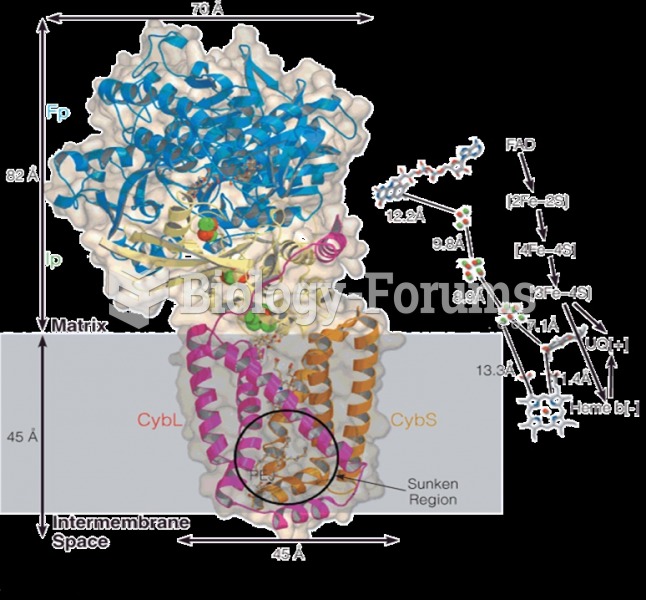This topic contains a solution. Click here to go to the answer
|
|
|
Did you know?
Approximately one in three babies in the United States is now delivered by cesarean section. The number of cesarean sections in the United States has risen 46% since 1996.
Did you know?
Human kidneys will clean about 1 million gallons of blood in an average lifetime.
Did you know?
Parkinson's disease is both chronic and progressive. This means that it persists over a long period of time and that its symptoms grow worse over time.
Did you know?
Blood is approximately twice as thick as water because of the cells and other components found in it.
Did you know?
The human body produces and destroys 15 million blood cells every second.







